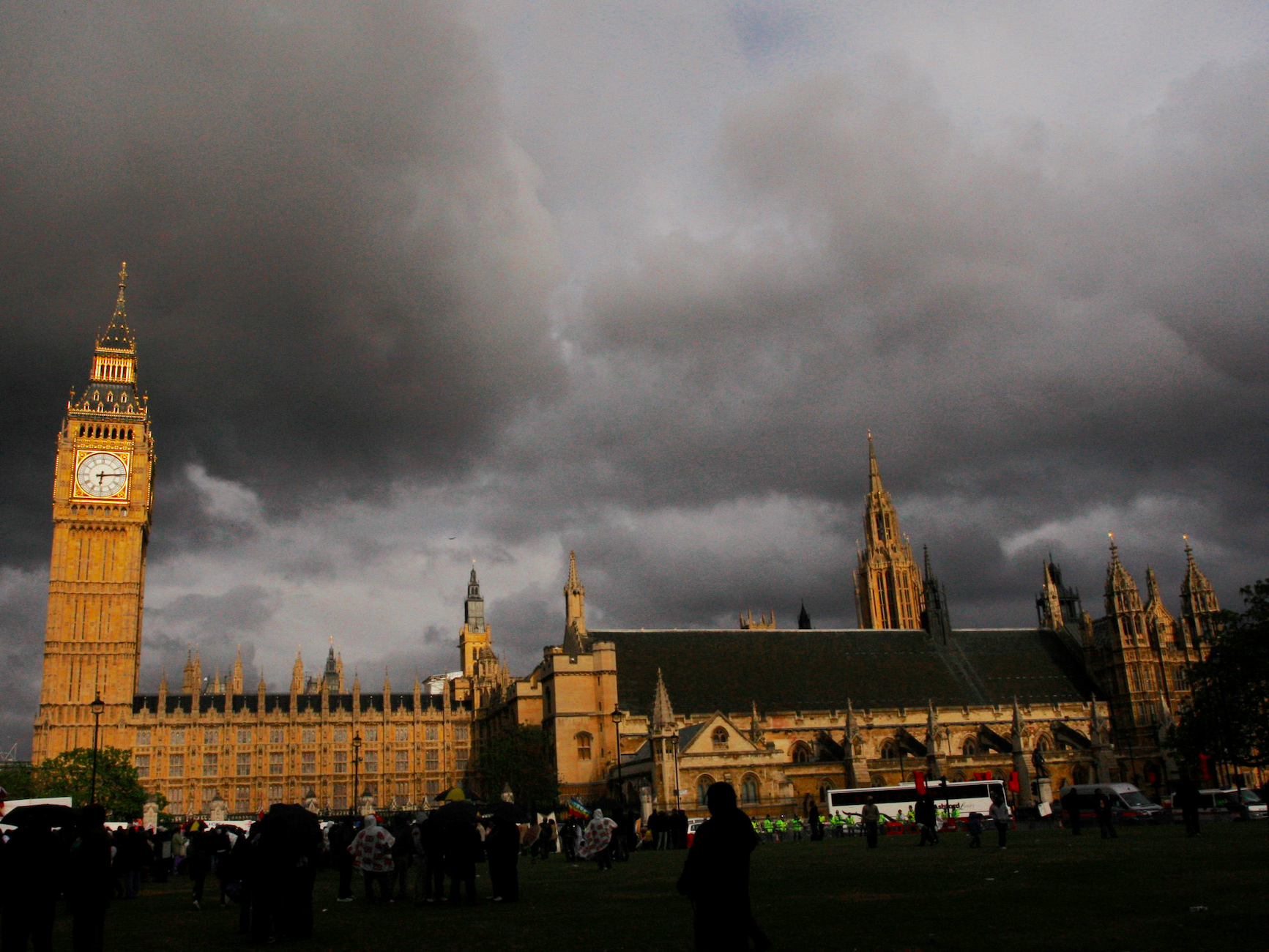Britain leaving the European Union allows the government to pick and choose what workers rights it wants to change and is most likely to be a boon for companies but not necessarily for the employee, according to an employment lawyer.
Michael Farrelly, an employment lawyer at Excello Law, told Business Insider in an interview that since Britain voted to leave the European Union on June 23, it has created a period of uncertainty where previously “progressive” employment policies were being created to in keep with EU standards.
But now they are being put on ice because a Brexit would mean UK companies would not have to enact such policies.
The government’s Great Repeal Bill, which was announced on October 12, also poses a huge issue to what will happen next for employers and employees. It essentially means the UK will automatically carry over all the rights and structure of EU employment rights in a secondary legislation once there is a Brexit. This includes absorbing the whole body of EU law – including case law – into UK law.
However, “with the termination of EU law authority in Britain, the UK Government will have the ability to amend, repeal and improve any law of choice,” warned Farrelly to BI.
"Coming out of the EU, we still have a Conservative government. Their plan [pre-Brexit vote] was to dilute down employment rights to give businesses a lot more freedom, such as the introduction of protected discussions and other workers' rights."
The UK has always pushed the European limit
Farrelly said this includes increasing the qualification period for unfair dismissal and caps on compensation for discrimination cases.
"[Increasing the number of hours employees work a week] is a possibility. Under EU directive, contractual working hours are capped at 48 hours per week, but the repeal bill would give businesses the freedom to set more than 48 hours per week. The UK has always pushed the European limit," said Farrelly.
"The option for government [to change the] limits on working hours and might be necessary if immigration means a much smaller workforce, so people may be expected to work longer hours - but this is purely speculation."
While Britain voted for a Brexit with a slim majority of 51.9%, nothing has actually changed since June 23. Prime Minister Theresa needs to triggers Article 50 - which starts the formal two-year negotiation period for the UK's exit from the EU - in order to officially put the UK on track to leave the 28-nation bloc.
Even if Article 50 is triggered, nothing changes in terms of the UK's membership in the EU for at least two-years while a deal is agreed.

Since May took over from her predecessor David Cameron in July, she said she would trigger Article 50 in the first quarter of next year. However, London's High Court ruled recently that she would have to ask for parliamentary approval to trigger Article 50.
The government is appealing the decision and the UK's Supreme Court will have a hearing in December this year.
Meanwhile, May said that she intends to enact the Repeal Bill.
So, all in all, this will prolong the uncertainty of what will happen to Britain and if the Repeal Bill does come into force, it will mean we could see existing elements of employment sector changing.
While nothing structurally has technically changed in the UK since the Brexit vote, companies are changing their minds on employment practice behind the scenes.
Farrelly highlighted to BI how this is giving companies a window of opportunity to not push through progressive working conditions for staff and, in fact, is actually encouraging "regressive" working practices.
"For larger businesses, particularly in professional services who I act for, they have been looking at being more progressive in family-friendly policies, such as shared parental leave and enhanced maternity and paternity policies and making it fairer," said Farrelly.
"However, many put these policies on hold for now, after the Brexit vote. If anything, the policies they are looking at now are a little regressive."

